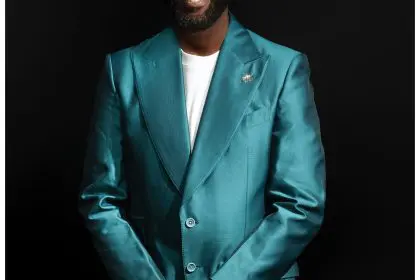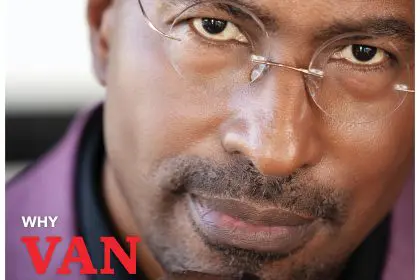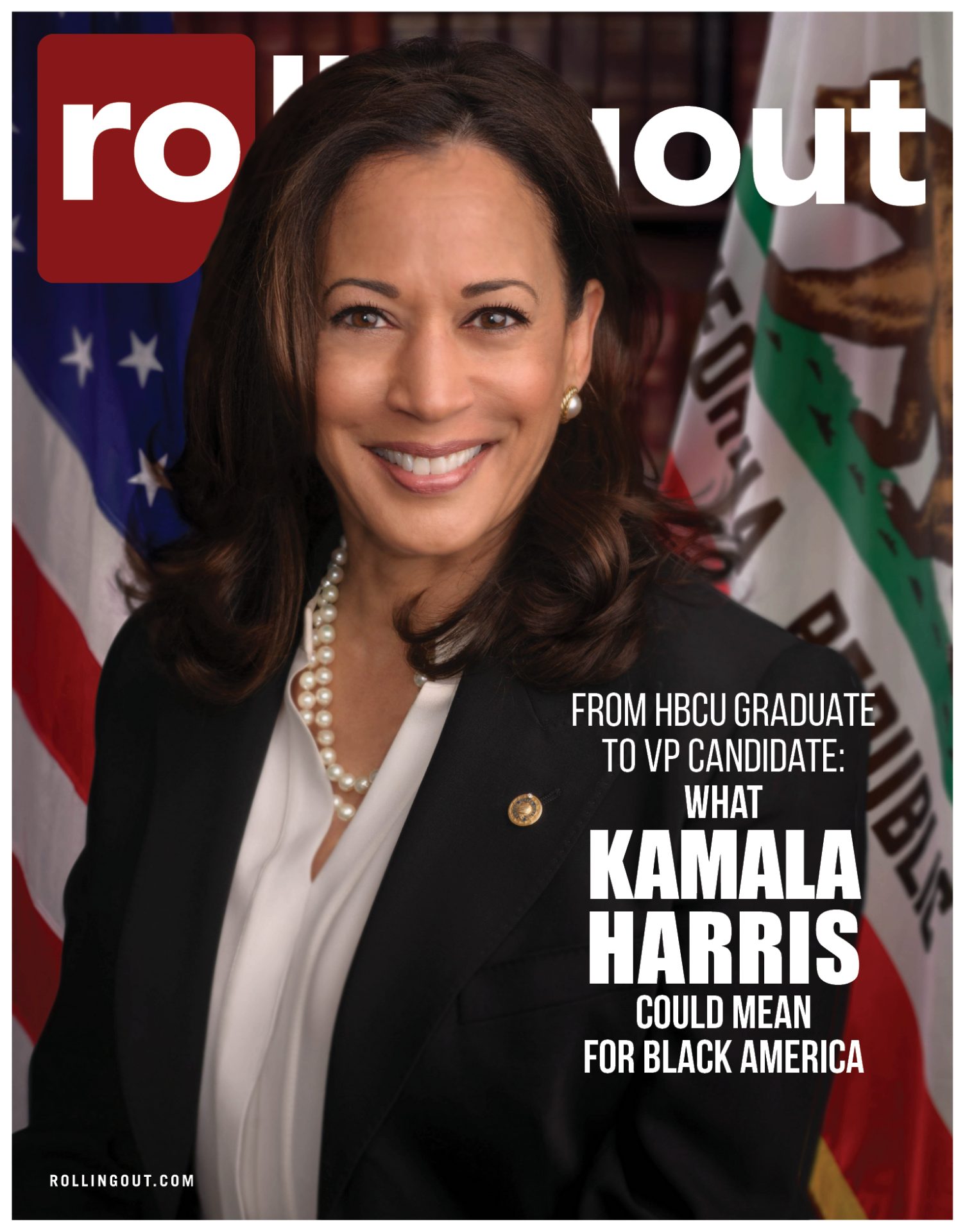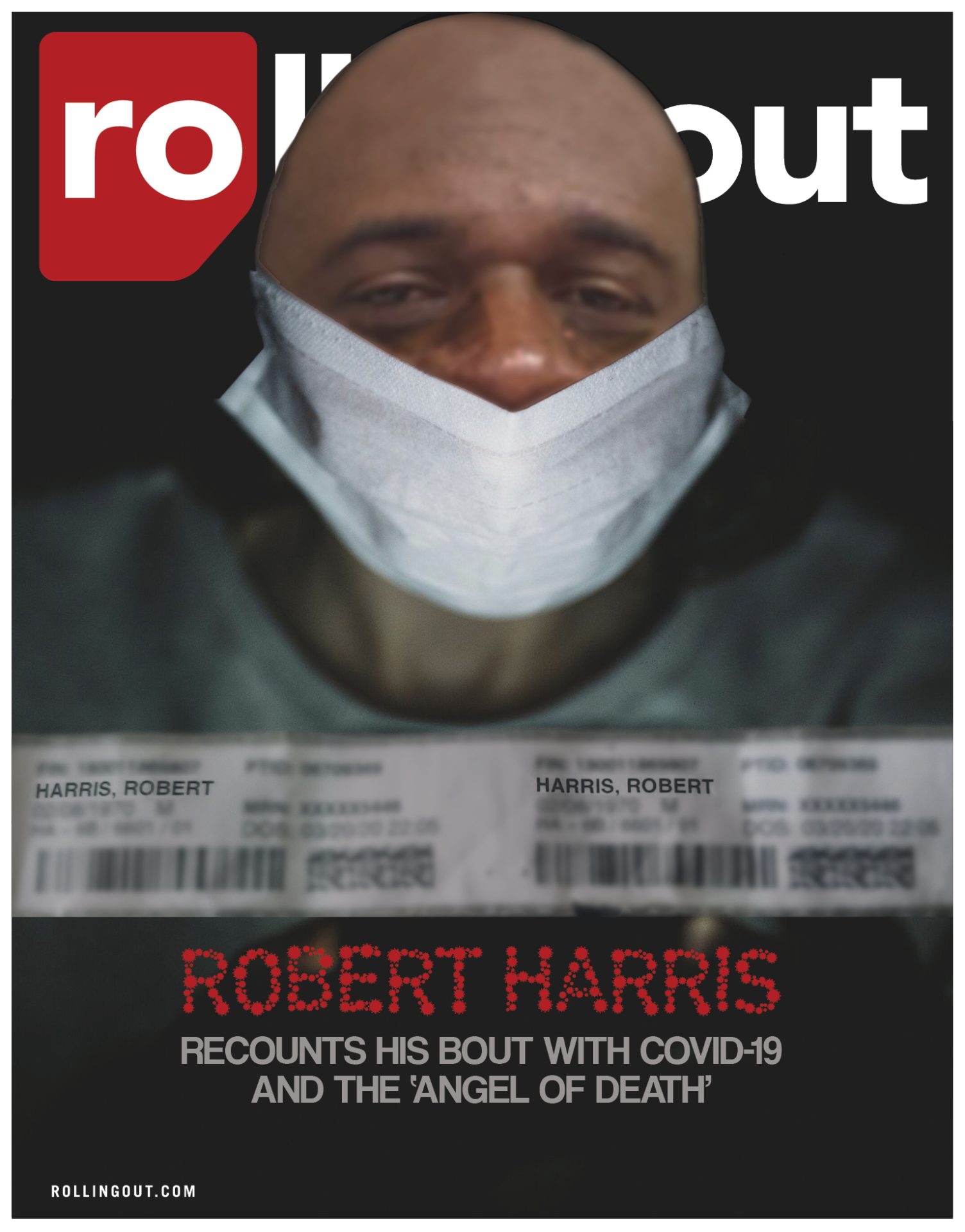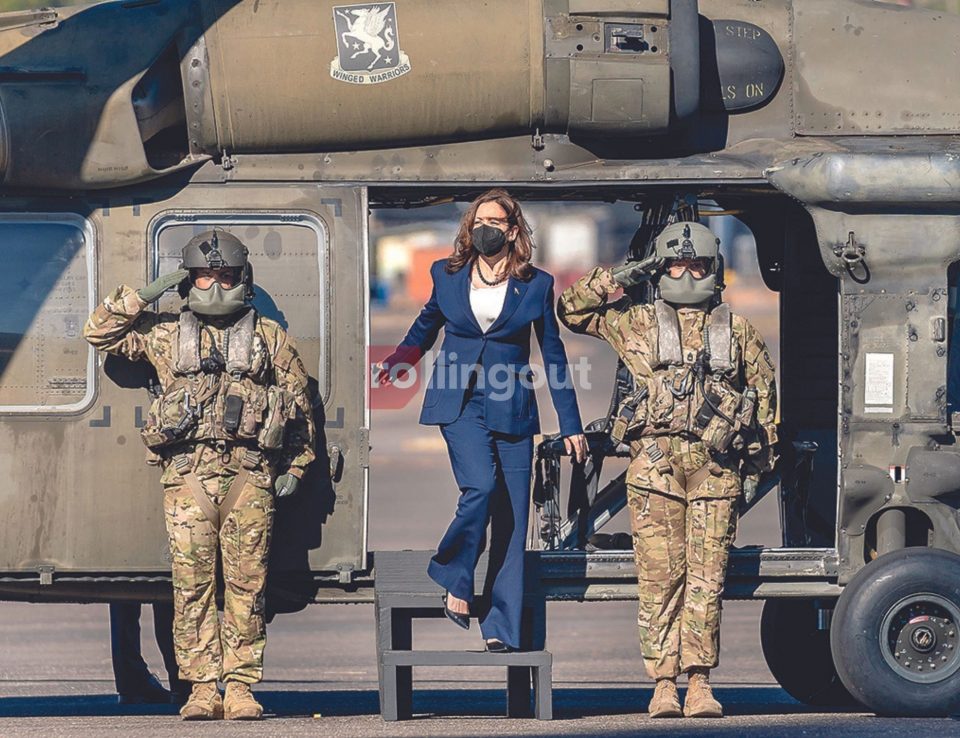
The peaceful transfer of power in America is normally a perfunctory process, free of controversy.
The sociopolitical gods, however, were not nearly as kind to President Joe Biden and Vice President Kamala Harris as their predecessors. They earned a hard-fought, down-to-the-wire election victory amid a multitude of grave national issues and unprecedented circumstances.
The country seemed to be on the precipice of a revolution during the racial reckoning in the summer of 2020 following the horrific execution of George Floyd caught on video in Minneapolis on Memorial Day. An outright populous revolt seemed even more of a possibility during the infamous and violent right-wing insurrection at the U.S. Capitol six months later on Jan. 6, 2021. Some have even surmised that it was an attempt at a coup d’état.
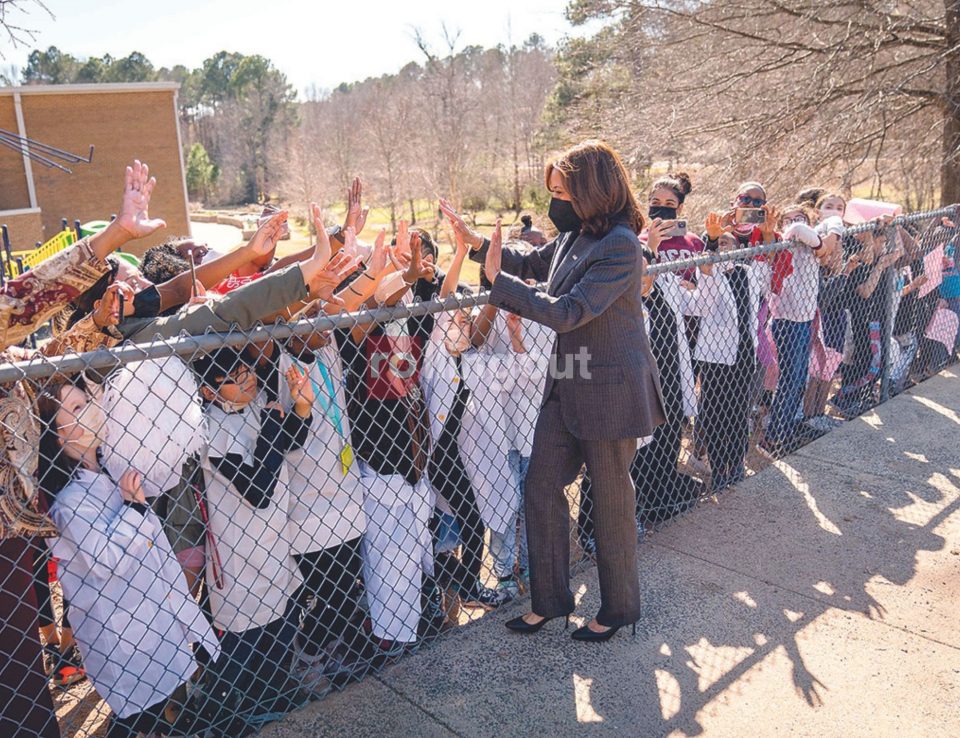
The toxicity permeating America was amplified due to the novel coronavirus pandemic that shut down commerce across the globe and left a wreckage of five million deaths in its wake worldwide.
During this tumultuous era, history was nevertheless achieved.
Rashad Richey, the president of rolling out and a college professor, spoke one-on-one with Harris, the first female and minority vice president in U.S. history, to discuss a plethora of important topics, including the U.S. Supreme Court nomination, the terroristic threats made against her alma mater, Howard University, and other HBCUs, the war in Ukraine and staving off electoral fatigue.
Right now the U.S. Senate is in the middle of a confirmation process for Judge Ketanji Brown Jackson, the first Black woman to be nominated to serve on the Supreme Court. Can you describe your role as the first woman to be VP of this nation? What is your role as it relates to the confirmation nomination process of Judge Jackson?
Well, I’ll tell you just based on what the president has told the country, which is that I am an adviser to the president. Not only am I the first woman vice president, but the first Black woman, the first woman of color, and I also have spent a career in the law. And so I’ve been very proud to be a very integral part of this process. And I can tell you, that in Judge Jackson, we have a phenomenal jurist, I have talked with her, I have met with her, she is brilliant. … I am fully confident that she will be among the greatest who will have sat on the United States Supreme Court.
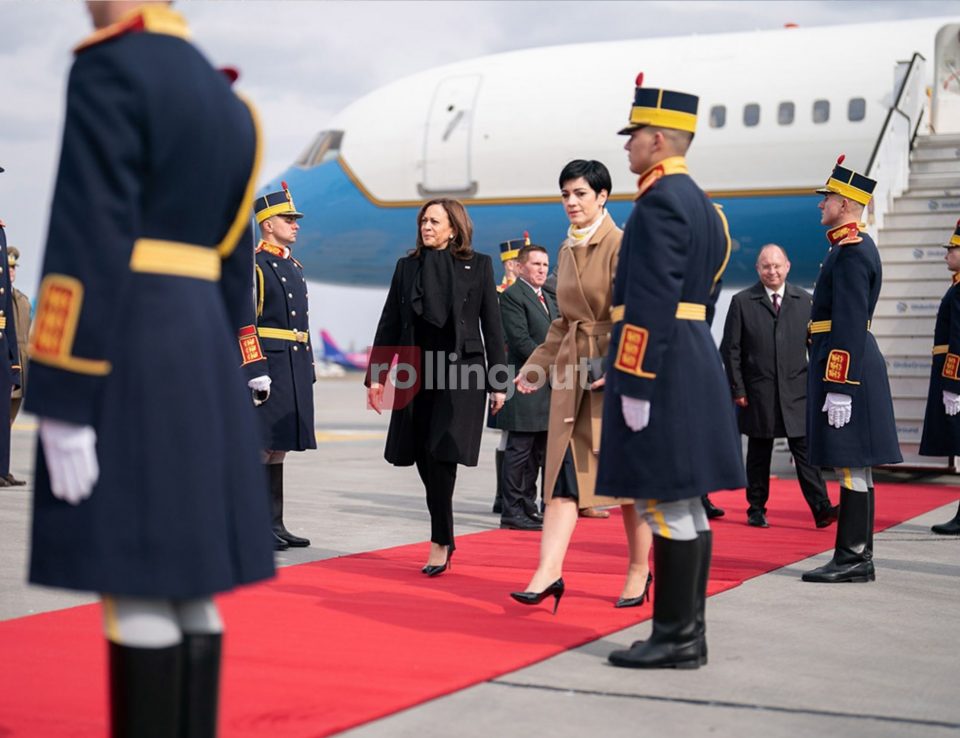
You are a proud graduate of Howard University, a prominent HBCU. Bomb threats started happening throughout this country that targeted HBCUs. How did that personally impact you? And tell us about the importance of Project Serve Grants that will provide funding specifically for HBCUs under threat.
I can tell you, that aside from the family that raised me, and the community in which I was raised, attending Howard University, an HBCU, had so much to do with shaping who I am today. It is at an HBCU [where] students are surrounded by people who have similar life experiences. … It is a nurturing environment. That’s why I’m glad that the work we are doing to address this gets to the heart of it in terms of what we must do when HBCUs have experienced a bomb threat. To ensure that they’ll be eligible for funding, not only to enhance campus security but to provide mental health resources.
Let’s talk about Russia. President Biden recently called Vladimir Putin a war criminal. Can you tell the American public how this war can impact us? What are we strapping in for? How bad can it get?
Well, let’s first talk about how bad it already is, right? When we’re looking at probably three million people over the course of just three weeks, who have fled the only home they know, literally with only backpacks … to go to a foreign country. We’re seeing extraordinary atrocities; let’s put it in context, in an unjustified, unprovoked war. … In terms of how it impacts Americans in the United States? Well, we are a member of NATO, which is basically an organization of like-minded nations, and one of the models is an attack against one is an attack against all. So we’ve been very clear if a NATO country is attacked, then we would perceive that as an attack against us, and we will take serious measures.
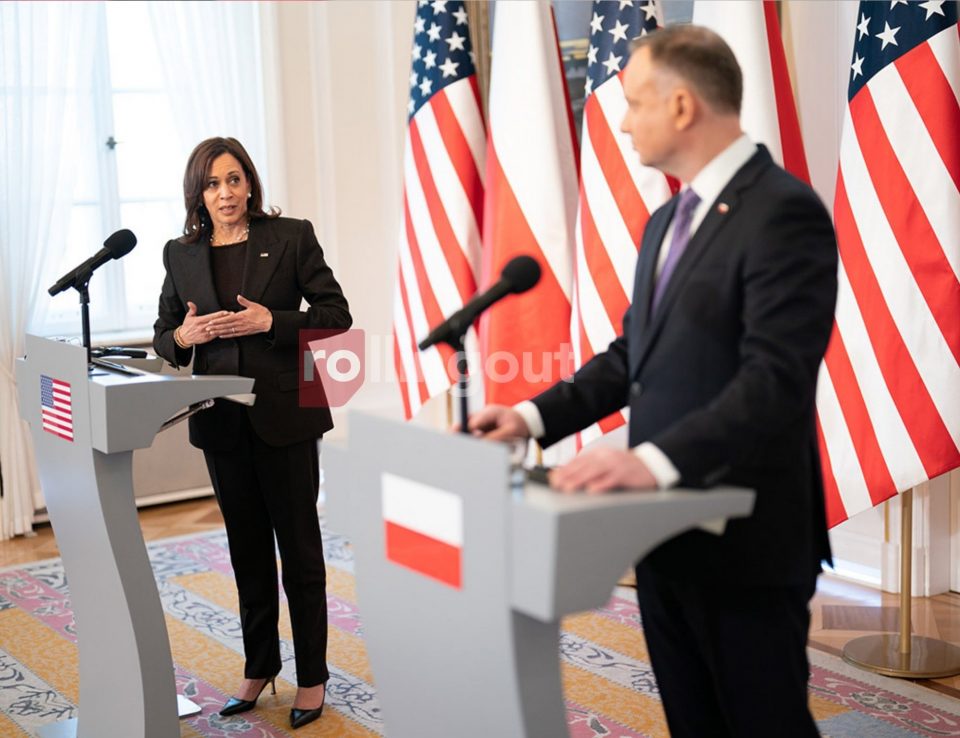
There are those who say, we voted for the administration, because we wanted the things they campaigned on. It has been a tight fit. OK, it has been difficult, getting the majority in the Senate and getting legislation passed. For those who are saying they’re disappointed, they are fatigued, they’re not sure about being excited for the upcoming presidential elections. What do you say to them?
First of all, I say thank you, for all the people who, in spite of all of the challenges life presents, who made the time, sacrificed the time to vote in 2020. [To the] people who stood in long lines, people who took the time to fill out the ballot and drop it in a [ballot] box, I say thank you. Because when you did that, you also put in your order, you said there are certain things we want, which is why we’re going to stand in line and do this.
They said, “We want to see substantial resources to go to our HBCUs and minority-serving institutions.” Well, they got that billions of dollars. They said, “We want to see an extension of the child tax credit to address the incredibly large number of Black and Latino children in particular, who live in poverty in America.” They got that. They said, “We want to see federal contracts, going to minority-owned businesses.” They got that. They said, “We want to see that you’re going to address equal pay, especially when we know in particular Black women, Latinas [and] Native American women are paid at substantially lower amounts than others in our country.” And so we are addressing that, which is what we did last week. So there is a lot that people said they wanted. And I say, that they put in their order, and they got it now.
Watch the exclusive interview below:
Words by Terry Shropshire
Interview by Rashad Richey
Images courtesy of the White House

